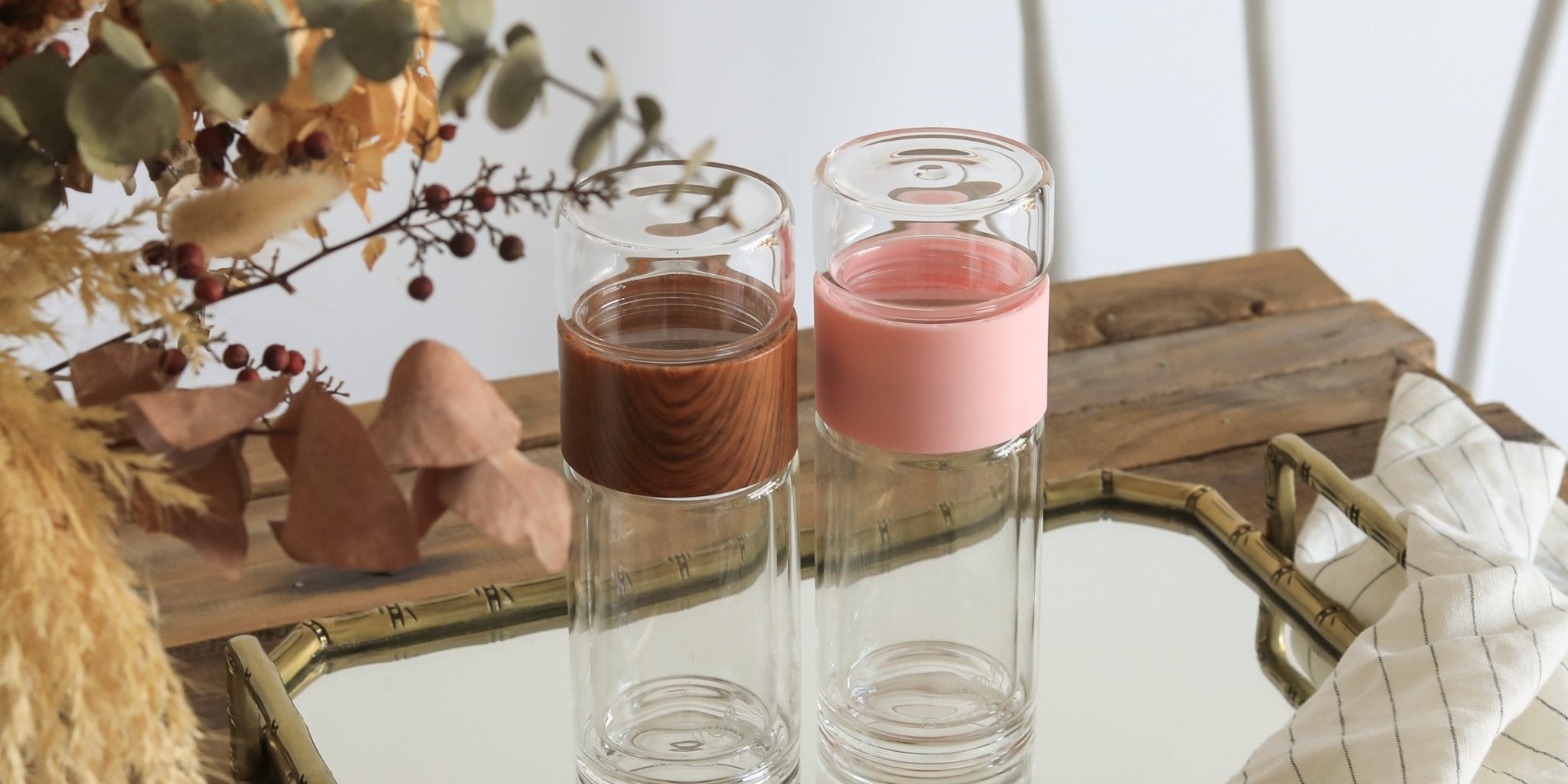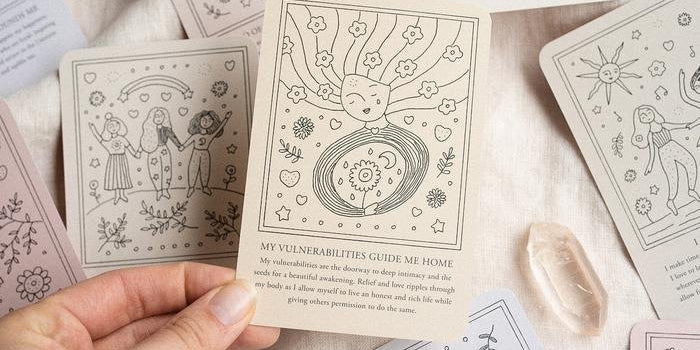“I've survived this before; I'll survive now.”

A message from my VA, Tayla.
Hi everyone, it’s Tayla 😊 Normally, I like to keep these blogs light and positive, but sometimes, life throws us a curveball, and it’s okay to talk about it.
Last week, I wasn’t feeling quite myself. Panic attacks were something I dealt with a lot as a teenager, and thankfully, they became less frequent in my early twenties. I’m 25 now, and out of nowhere, I found myself in the midst of a panic attack again. My partner and I had just sat down for dinner, and suddenly, all those familiar symptoms hit - heart racing, trouble breathing, dizziness, shaking, and frantically looking for the exit.
I’m lucky to have a partner who knows how to support me during these moments. He kept talking to me, not asking questions, just sharing about his day, and helping me focus on counting while I tried to breathe through it. We managed to order food, but soon after, I asked him to have our meals packed up to go. As soon as we were outside, I was gulping in fresh air, trying to calm down. Once we got home, I took a shower, curled up in bed with a movie and some ice cream, and just let myself be - because anyone who’s experienced a panic attack knows how draining it can be.
For a few days afterwards, I was really hard on myself. Why did I have a panic attack after all this time? What’s wrong with me? Is this going to keep happening? But then I realised I needed to be kind to myself. Panic attacks happen, and it’s okay. What matters is that I have the tools to manage them and to help prevent them when I can.
So, I wanted to share some of the ways I cope with panic attacks - before, during, and after - along with some tips that others have found helpful too. We’re all in this together, and it’s okay to lean on each other for support.

Ways to Cope with Panic Attacks
Before a Panic Attack:
Identify Triggers: Learn what situations or thoughts trigger your panic attacks. Awareness can help you prepare and manage your reactions.
Practice Relaxation Techniques: Regularly practising deep breathing, meditation, or relaxing your muscles can help you stay calm and reduce the likelihood of a panic attack.
Prepare a Calming Kit: Keep items that help you feel grounded - like a favourite scent, a stress ball, or calming music, things that are easily accessible. (Tayla - I tend to carry my Airpods with me everywhere I go so I can put my comfort audiobooks or music on).
During a Panic Attack:
Focus on Your Breath: Slow, deep breathing can help calm your nervous system. Inhale deeply through your nose, hold for a few seconds, and exhale slowly through your mouth. (Tayla - I've used this technique for years. Breathe in for 3, hold for 4, breath out for 5, repeat).
Ground Yourself: Use grounding techniques like the 5-4-3-2-1 method. Identify 5 things you can see, 4 things you can touch, 3 things you can hear, 2 things you can smell, and 1 thing you can taste.
Remind Yourself It Will Pass: Repeat a calming phrase, such as "This will pass" or "I am safe," to reassure yourself that the attack is temporary.
Stay Present: Try to stay in the moment by focusing on your surroundings or engaging in a simple task like counting backwards from 100.
After a Panic Attack:
Take Time to Recover: After a panic attack, allow yourself some time to rest and recover. Practice gentle self-care, such as drinking water, comfort food, sitting quietly, or lying down.
Reflect on the Experience: Consider journaling about what happened and how you felt. This can help you process the event and identify any patterns or triggers.
Engage in Calming Activities: Do something that soothes you, like taking a warm bath, going for a walk, or practising mindfulness to bring your body and mind back to a relaxed state.
Seek Support: If panic attacks are frequent or severely impact your life, consider talking to a therapist or counsellor who can offer guidance and support.
----------------------
Although we deeply hope that none of you will need to use these techniques, we know that things can be hard at times, so remember to be gentle with yourself, and practise any of these techniques if you need to.





